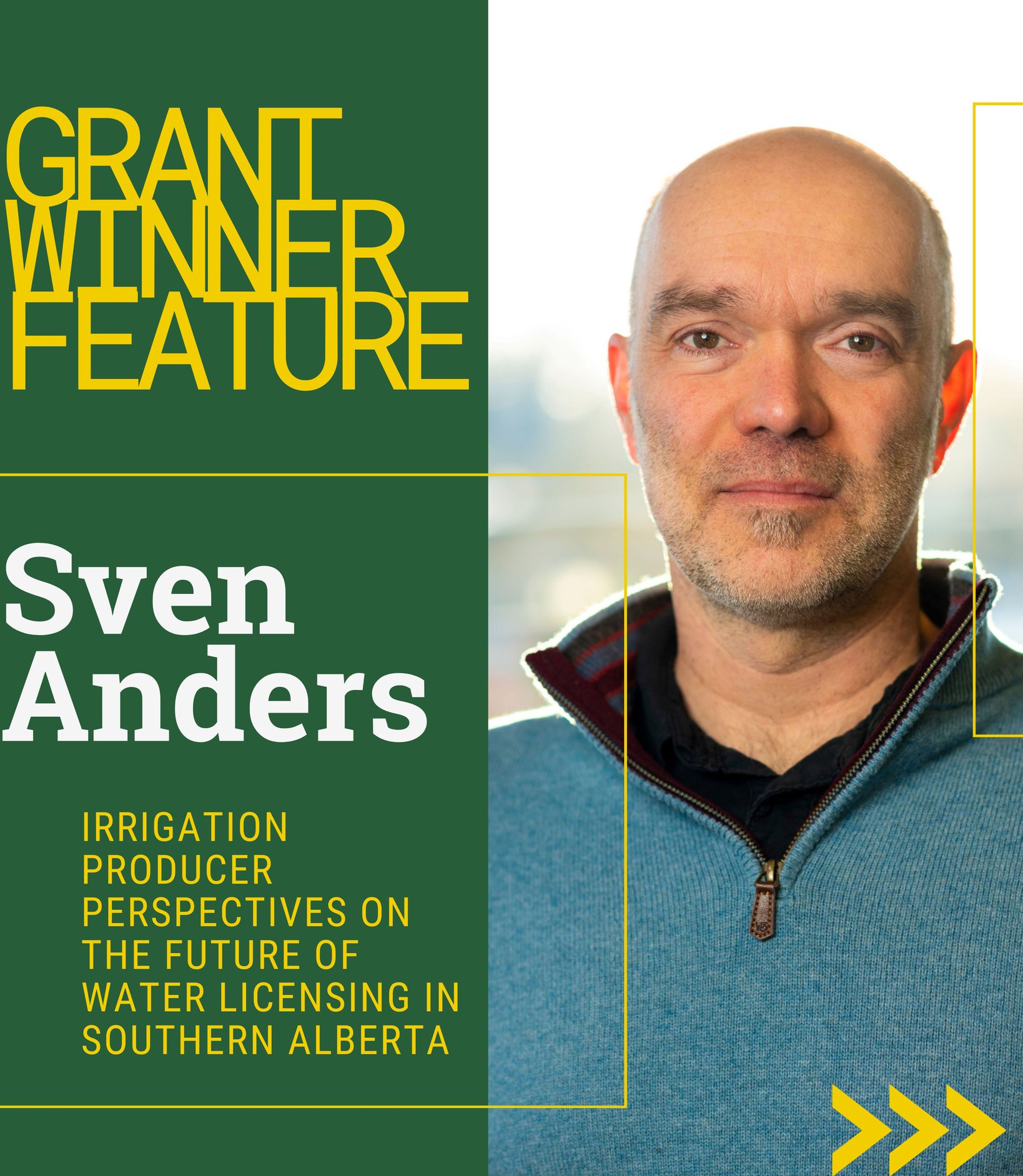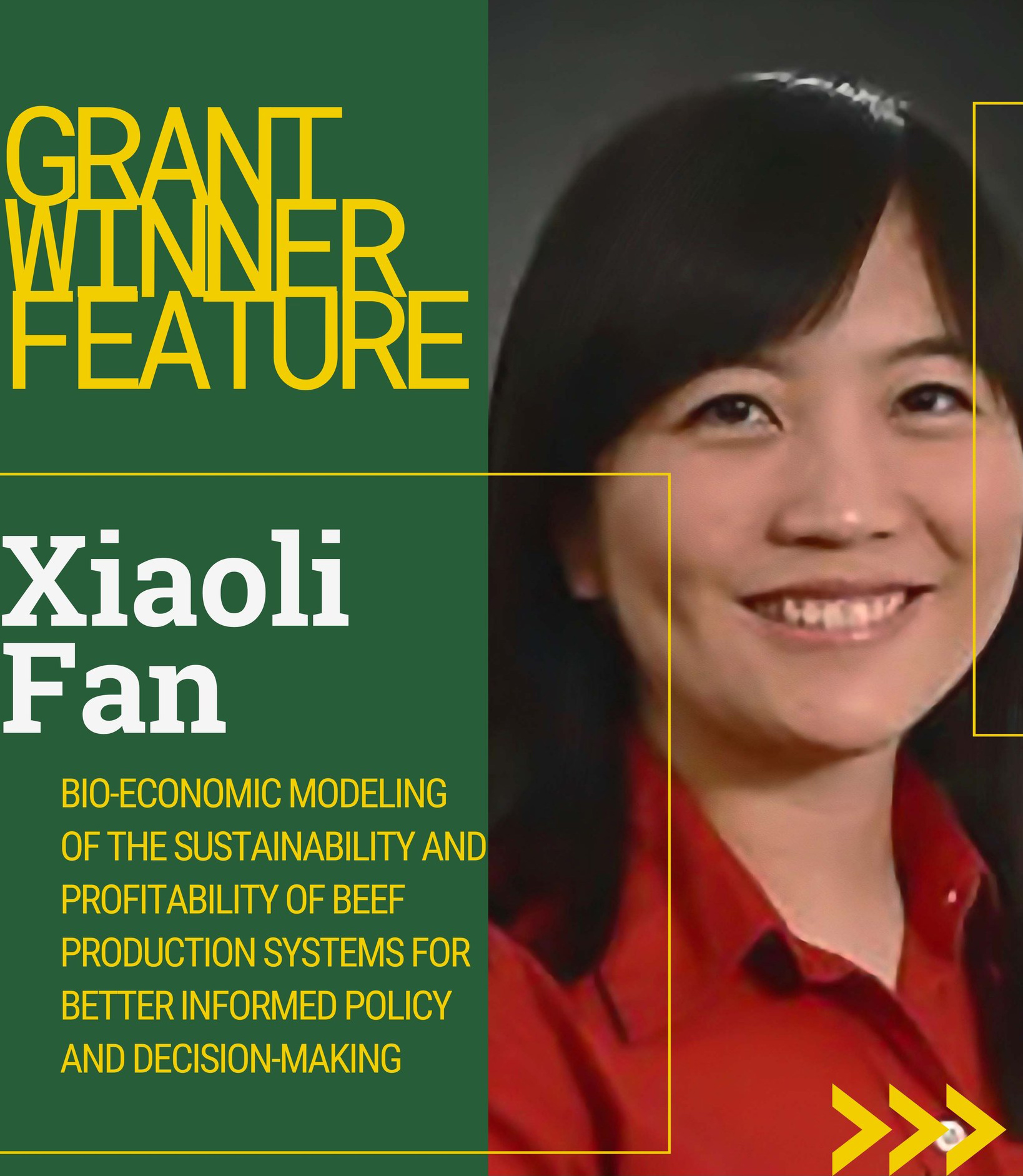New projects related to land use underway thanks to research grants
5 June 2024
Three ALES faculty members recently received research grants from the Alberta Land Institute. This year the annual grants were dedicated to the following themes:
- water licensing
- Alberta carbon sink potential
- sustainable agriculture: amidst the changing climate
Research in all areas is intended to support and enhance land use policy in the province and beyond.
These interests align well with expertise in the Faculty of ALES, and we anticipate informative results upon their conclusion. Read on for an overview of each accepted project.

Irrigation Producer Perspectives on the Future of Water Licensing in Southern Alberta - Sven Anders
Sven’s research, together with colleagues at the University of Lethbridge, investigate questions around the sustainability of current water licensing management and policy tools, and Alberta's drought response plan. This research will address growing water allocation challenges due to economic and population growth under climate change.

Bio-economic Modeling of the Sustainability and Profitability of Beef Production Systems for Better Informed Policy and Decision-Making - Xiaoli Fan
Co-investigators: Emma Stephens and Roland Kröbel from Agriculture and Agri-Food Canada (AAFC)
This research will aim to address the gap in Canadian research on whole farm and bioeconomic models in order to help beef producers, stakeholders and policymakers make informed decisions to improve industry sustainability, support rural development and strengthen the Canadian beef industry’s competitiveness.

Mapping tree demographic rates and biomass of Alberta’s boreal forest - Fangliang He
Fangliang is interested in developing theory and methods for understanding and predicting how trees and tree species are distributed in our forest and how the distributions may change in response to changes in climate and land use. For this ALI project, he will map forest biomass carbon distribution across Alberta’s boreal forest; model forest carbon changes over time in response to climate change, forest fires and human disturbances; and quantify the carbon sink potential of the forest. This research will contribute to reducing uncertainties in carbon reporting in Alberta and mechanistic understanding of forest carbon change. Fangliang is recruiting graduate students to join him for this research. Please contact him should you be interested.
Congratulations to each grant recipient!